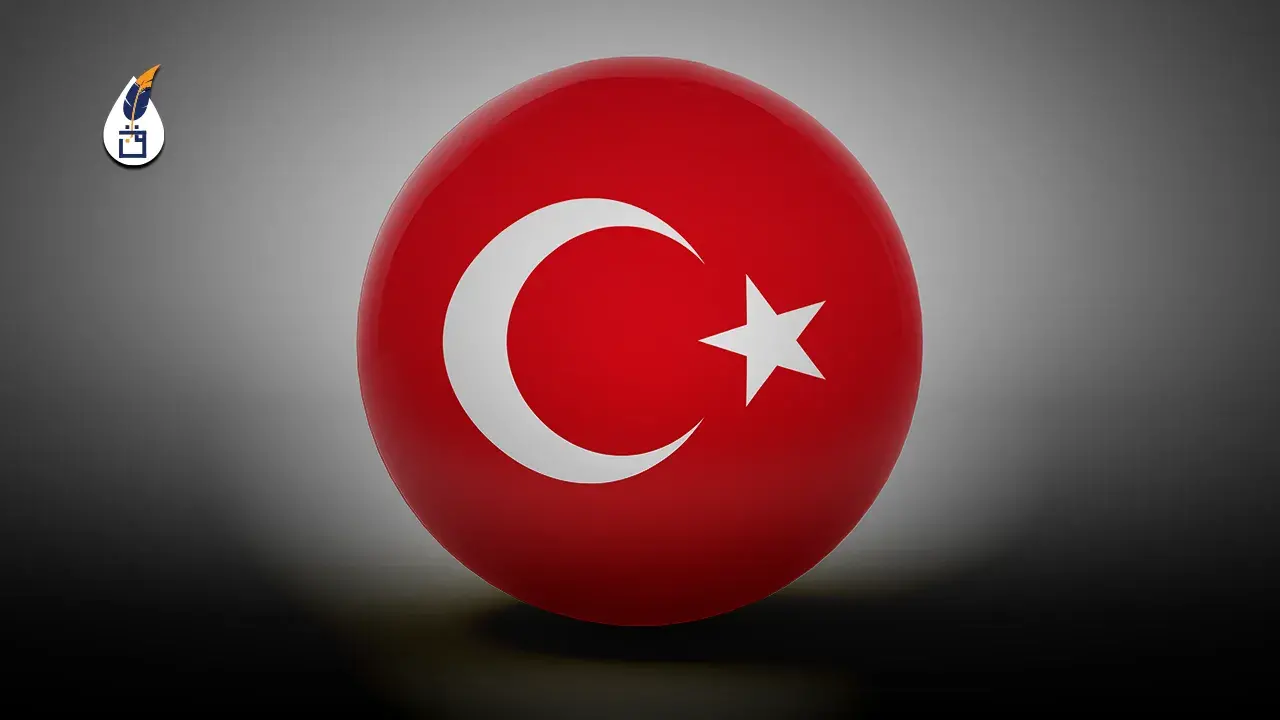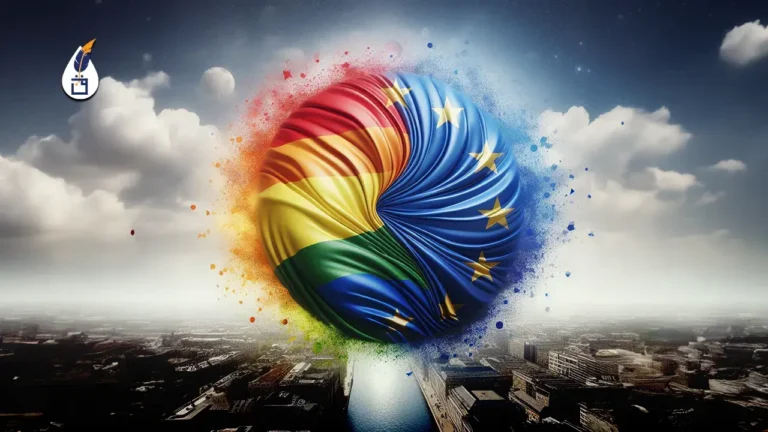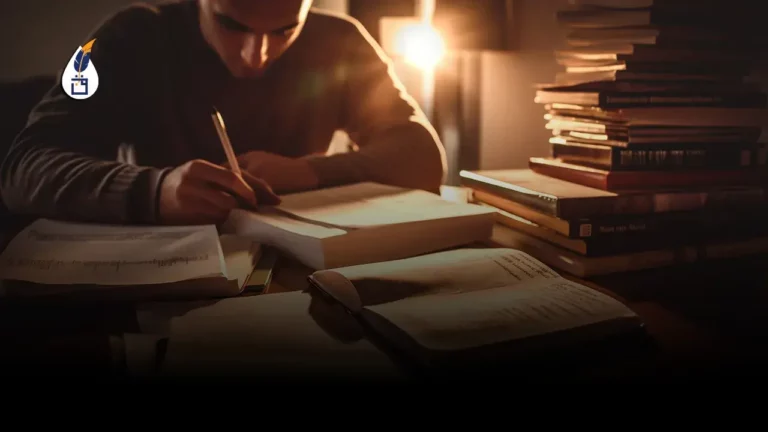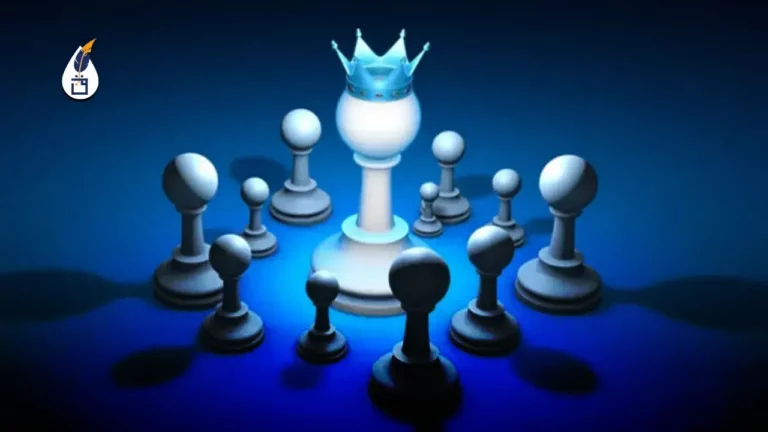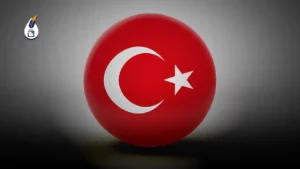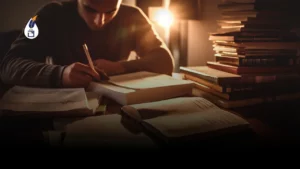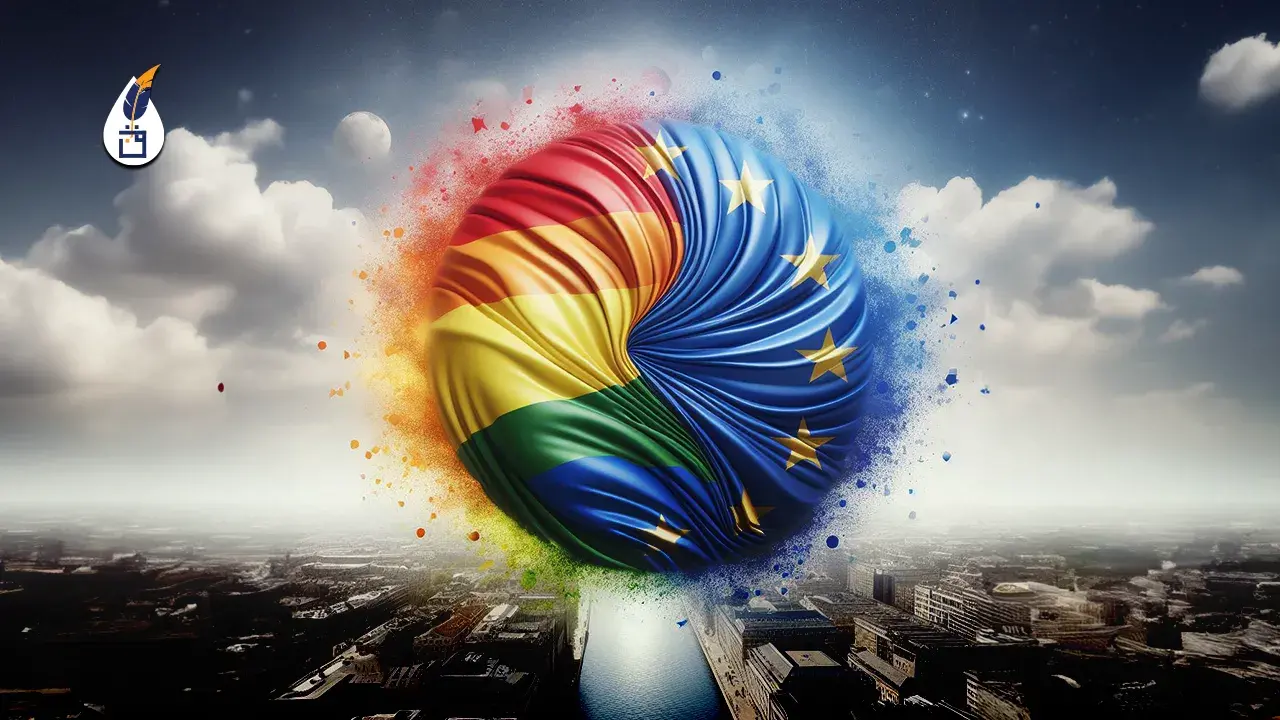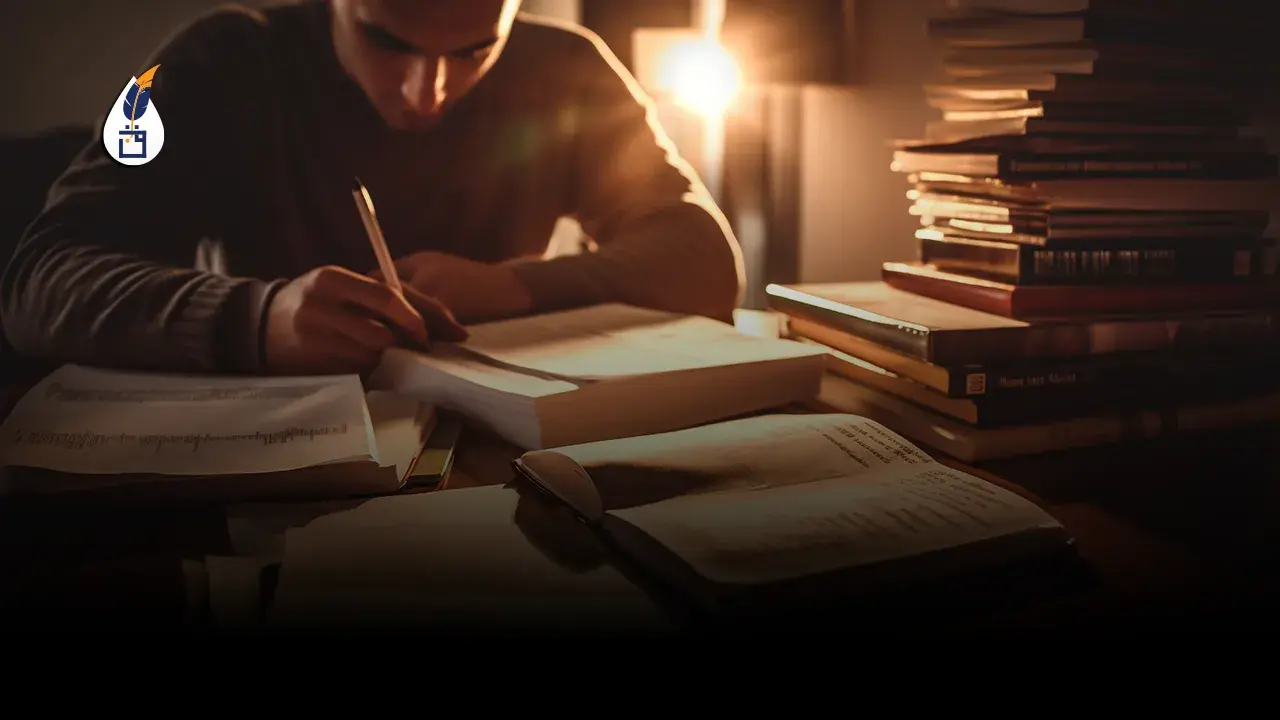Ayman Kassem Alrefai
Abstract
The study discusses the problem of in Islam, from the political to the religious and ethical perspective in an Islamic country with a strict secular system (Turkiye). The study is aiming to monitor the role of democracy as a fair movement for peoples, especially Muslims, in secular regimes, in which it affects their lives by reconstructing the political system and its legislations and authorities in a way that consider their beliefs and moral ethics. Taking that into consideration as Muslims to answer the question: Can we, as Muslims, take a fair stance on democracy and other Western theories that can be benefited the lives of Muslims? As an analytical study, we will follow the Qualitative Methodology to achieve the goal of the study, which led us to the result of elaborating on the possible ways to benefit as Muslims from political concepts particularly democracy without allowing for these Western concepts to eliminate Islam and its ethics from our lives from one hand or make the extremists Muslims alienate others from this religion from another hand; by considering two main points: 1) Being convinced of the historicism of political practice in Islam and reconsidering the legal texts according only to Islamic ethics and the Shariah objectives. 2) Dismantling the relevant terms coming to us and activating the functional view of these interests and their abstract principles and giving them priority over the textual and idiomatic definition. Therefore, it is necessary for us as Muslims to develop new concepts in politics which are compatible with Islam and its ethical principles and stem from reality and civilizational requirements, to play the leading role in achieving both intellectual and applied advancement for the Muslim nation, which leads it to return to the forefront of its civilized role that combines Islamic values and civilized development.
Introduction
Many Islamic theorists fear the political system in Islamic countries (which have a Muslim majority from democracy) and what it can bring with its Western concepts of values and principles that contradict Islam and its moral principles and the Islamic political system that these theorists imagine deriving from the great historical practice of the Islamic state, especially the era of the rightly guided Caliphs. And based on a great reference from the texts of the Qur’an and the Sunnah of the Prophet, expressing their fears that whoever wants to enter the game of democracy must be satisfied with all its laws and rules at various levels not to mention the exploitation of this term by western countries to dominate peoples and nations, impose their civilized standards, and exploit the capabilities of these peoples under the pretext of spreading democracy through the use of a loose, undetermined concept that tempts peoples and makes them rush towards it, motivated by every yearning for virtue and values that they think are from democracy without real political awareness in all its dimensions, and also considering the changes and results that democracy and its principles can bring at the level of the individual, society, and nation that are different from the Islamic character. Such as the victory of a non-Muslim with the position of public guardianship and sovereign positions, the adoption of a constitution and non-Islamic laws for Muslims, or what you may import from the concepts of absolute personal freedom, unfettered by any values or principles that undermine the Islamic system of society and expatriate everything in it under the weight of the rules of the game of democracy itself. Undoubtedly, such fears are justified, and they have their objective reasons and evidence, whether from Islam or even from reality, as are the opposite opinions, which see democracy itself as Islamic consultation or that it is an integral part of Islam with its principles and values and that it is a set of values and principles that go beyond the idea of election The rule of the majority, but it is a culture and a value system in the first place, and Muslims must accept it without hesitation, and take it in its applied and clear form for all. But the dictum of wisdom says: You should not make matters lose, neither in the negative nor in the positive. Rather, relativity and the differentiation between evils and interests is the scale on which issues must be weighed, especially if they are of such importance.And if there is a fear of the impact of the adoption of democracy, there are similar fears and perhaps more dangerous than not adopting its principles and mechanisms on contemporary society, due to the absence of a clear modern Islamic systemic vision of the mechanisms for choosing regimes and their elements, and realistic practical bases for representation that enables them to come up with appropriate ruling leaders with Ensuring the peaceful transfer of power (time-limited or indefinite) without falling between the jaws of dictatorship and tyranny, in addition to that all these fears are limited to the Muslim-majority society, but the matter presents itself strongly at the same time, what is the case for Muslims in countries where Are they a minority? Or those who are marginalized under the weight of strict secular regimes? which excluded religion in all its manifestations and foundations from the public life of society and restricted its children. Is it not just for these regimes to exercise exclusion and restriction and tighten their control and authority in an authoritarian manner that they see as long as democracy is an enemy and a system of unbelief in the view of Muslims themselves?This research will study the subject of democracy in one of the Islamic countries with a strict secular system, where Turkiyewill be a model for this study, this system excluded Islam from public life and fought it for several decades through the application of various legal, constitutional and social practices that contributed to the alienation of Islam from its people And re-forming it according to what the secularism of its rulers desires, then we will stand on the reality of the role played by democracy later on, and to what extent it contributed to restoring justice to Islam and Muslims and their fairness in their religion in front of the secular principles that exclude everything religious.Is it possible for democracy to play this equitable role for people, especially Muslims, in such regimes? Or even in countries with a Muslim minority that are treated in the same way? And what are the lessons learned for both parties that we referred to at the beginning of our conversation from opponents and supporters of democracy? And how can we, as Muslims, really take a fair stance on democracy and other Western theories that can be benefited from in the lives of Muslims and their reality? And his family about their world and their reality, the pension is excessive.
The full Text on the following Link


